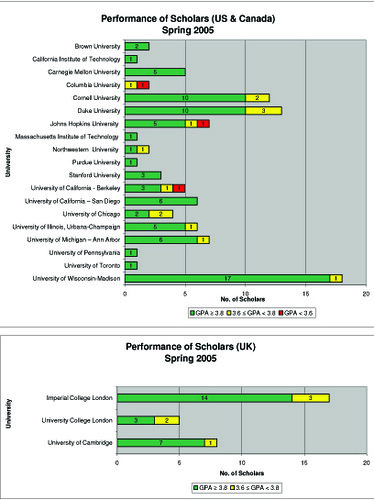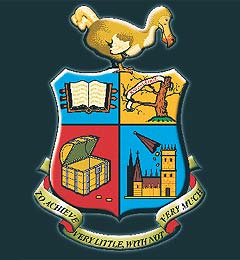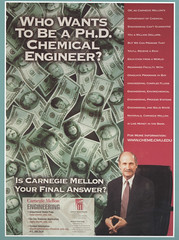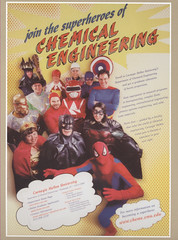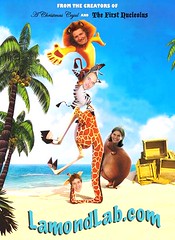Opening quote from superstardeejaylawyer:
“The PMO (Prime Minister’s Office) is currently studying how we can better engage overseas Singaporeans, in particular recruiting the young overseas students back to Singapore, and is seeking feedback from the students on how the government could facilitate that.”
Well,
for one first thing, don't
talk down to us as if we owe Singapore a living. Or anything along the lines of being
unpatriotic/dishonorable/rude. The guys are already 2.5 years (of their prime) behind due to NS, and who in the right frame of mind would like to leave behind loved ones and familiar surroundings back home to seek opportunities overseas if they can have it in Singapore? I have no encounters with the PMO, but I can attest to such attitudes from HR personnel of certain stat boards and the local universities when they go on 'recruitment tours' to US campuses. Freely throwing the 'Q' word around as if it is a joke. No, I don't think it is funny at all.
Much has been written (and debated to death) both online and off on this issue since Goh Chok Tong first raised the stayer-vs-quitter thingy during NDR 2002. And readers can go google to see all angles of this debate.
Personally, I think that returning to Singapore will reduce the chances of any student who has harboured thoughts of an international career to actually embark on it.Ditto that. I can't speak for other fields (deejay gives a good one for lawyers, esp UK-trained ones), but in my area of work, there are only realistically
three employers I can work for - and all can be broadly classified as belonging to ONE organisation. Ever heard of the old adage, "Never put all your eggs into one basket?"
Job prospects aren't that
good anyway.
There's also the money - yeah, accuse me of being shallow, but on the global payscale competitiveness scene (for scientists and engineers), Singapore lags behind those in the US. US-based PhD engineers start off at around USD80k/year (offers range from 60k - 120k), and Assistant (engineering) professors in the local universities about SGD5k/month. You do the math. Some might argue about the
exorbitant taxes here, but you don't forget houses and cars are cheaper in the US, if you reside outside of the main metropolitan areas.
You can't blame us mere mortals when even
one of the elites chose to stay west.
There are more, of issues like NS (ICTs, RTs, IPPTs), society in general (the silent,
conservative majority) and its obsession with the 5 Cs. Read Colin Goh's
Paved with Good Intentions.
Ng Boon Yian, a young journalist with TODAY, wrote,
"The skies are airbrushed a gloomy grey. People are not placing any bets on their future."
Laurel Teo, another young journalist, from The Straits Times, lamented,
"The pay has been lousy since we started work. It doesn't look like improving, and we'll have to slog doubly hard just to keep our jobs. Now, we may never be able to make long-term plans such as buying a car or a bigger home … This … is tantamount to the shattering of the Singapore Dream."
I met Boon Yian and Laurel over dinner with some other young journalists. Both ladies are under 30. Laurel is a Singapore Press Holdings scholar. She attended school in RGS and RJC and went on to Yale University in the US. Boon Yian will soon leave on a postgraduate scholarship for Johns Hopkins University in the US.
Why are these two bright, young girls with promising futures not placing any bets on Singapore?
Maybe they were reflecting the low morale and high expectations of their generation... - Goh Chok Tong's National Day Rally 2003
Perhaps, but that's only if one chooses to benchmark using Singapore's standards.
I shall end with deejay's; better make full use of your time to make your dreams overseas. I apologise if I seemed to have ignored familial/SO relationships back home. For many of us, these are the only ones tying us to the island.
What good can fresh graduates do in a system where heirarchy, seniority and bureacracy reigns? Whatever fresh ideas and new thoughts that we might introduce will merely be dismissed as being the 'idealistic wishful thinking of a young upstart'. So, unless that changes and the views of young people are regarded as equally important and useful, both of which are highly unlikely, then perhaps it should not be us that the government should be seeking to attract.
